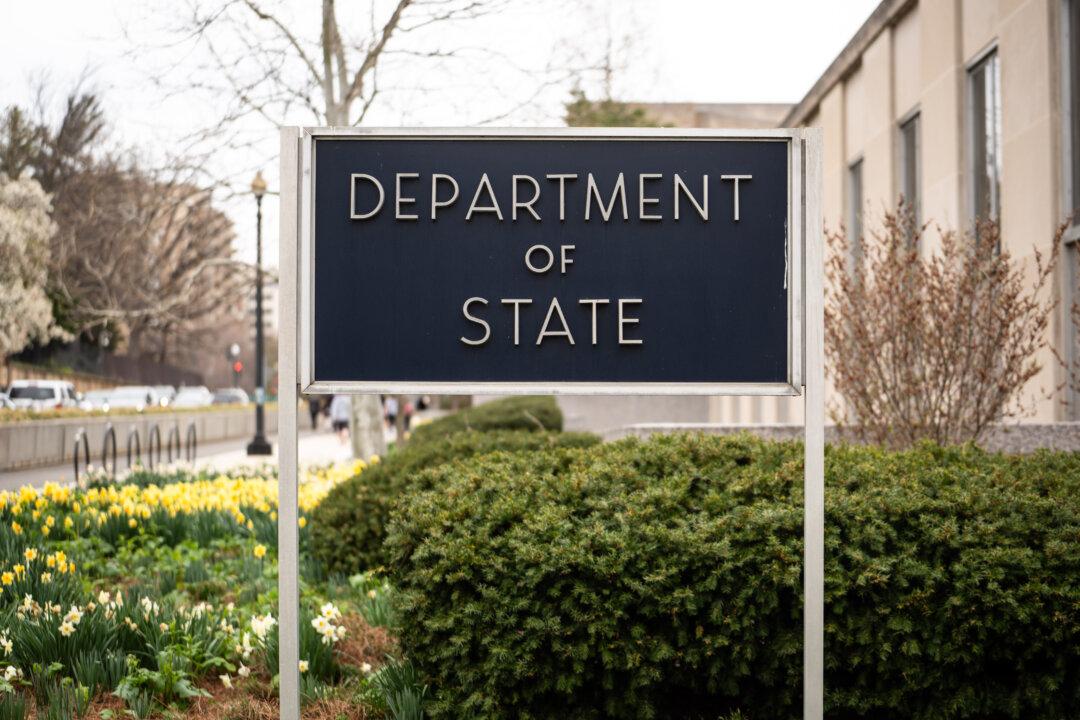A federal appeals court ruled on June 10 that President Donald Trump’s sweeping tariffs on U.S. trading partners could remain in effect amid ongoing litigation.
“Both sides have made substantial arguments on the merits. Having considered the traditional stay factors, the court concludes a stay is warranted under the circumstances,” the court ruled.
The court said the case raises “issues of exceptional importance” that warrant an expedited review by the appeals court’s full panel of judges. Oral arguments are set to take place on July 31, according to the ruling.
Trump welcomed the appeals court’s decision, calling it “a great and important win” for the United States.
The case centers on the 10 percent baseline tariff that Trump imposed on nearly all imports by invoking the International Emergency Economic Powers Act (IEEPA) on April 2. The IEEPA is a federal law that allows the president to regulate international trade during a national emergency.
Trump also imposed reciprocal tariffs on trade partners as part of an effort to address trade deficits, but the administration later paused the tariffs for 90 days to allow time for negotiations, while maintaining the baseline tariffs.
Before imposing the sweeping tariffs, Trump placed levies on imports from Canada, China, and Mexico to combat the flow of illegal immigrants and synthetic opioids across the U.S. border.
The businesses had argued that the country’s decades-long practice of buying more goods than it exports does not qualify as an emergency that would trigger IEEPA.
“Rest assured, tariffs are not going away,” he said. “He has so many other authorities that even in the weird and unusual circumstance where this was taken away, we just bring on another or another or another. Congress has given this authority to the president, and he’s going to use it.”
Lutnick noted that the “$1.2 trillion trade deficit” in goods with other nations and “all the underlying implications” of those deficits constitute a national emergency.
Trump said on June 1 that if the courts rule against the administration on tariffs, it would allow other countries to hold the United States “hostage with their anti-American tariffs.”







